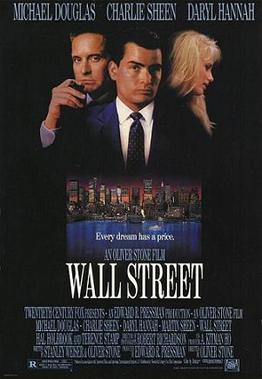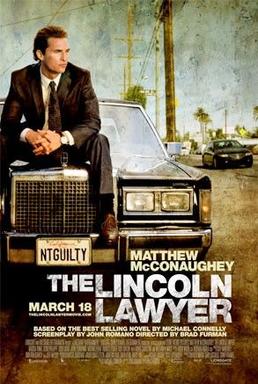Lists
















29 Movies
Grasping for Knowledge
Sort by:
Recent Desc
The only thing I know about the world is that I know next to nothing about it, outside of my own lived experiences and the lies the people in charge tell us to keep our curiosities in check (if we have any at all, that is. asking the tough questions isn't exactly rewarded behavior and as a collective whole we seem to have issues with long term memory). While mine might get me killed, here's to hoping satisfaction will bring this kitty back.


